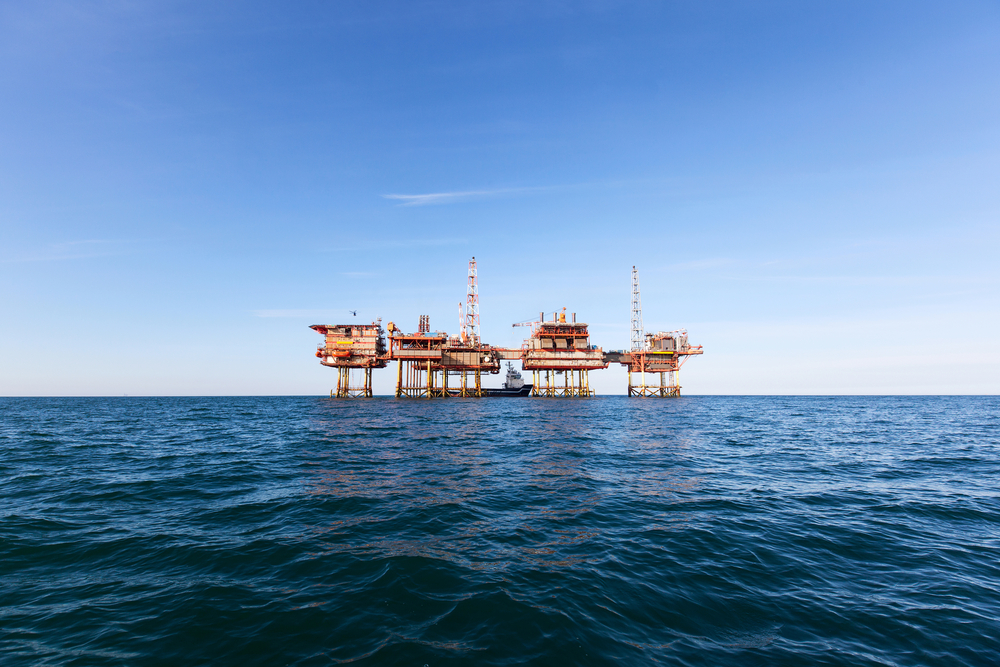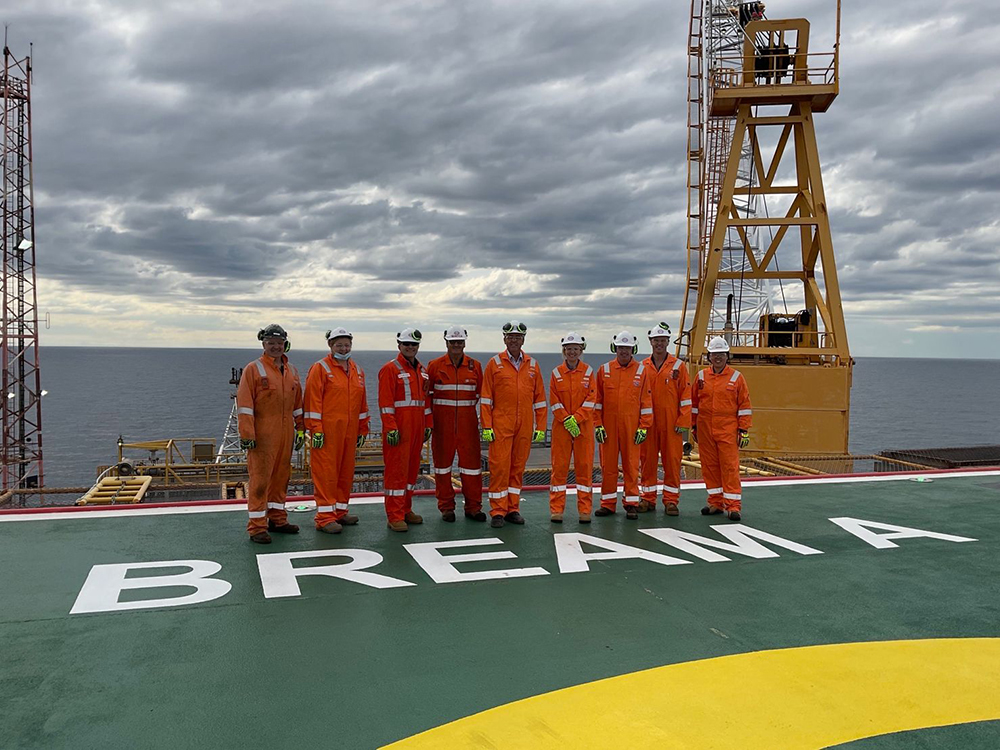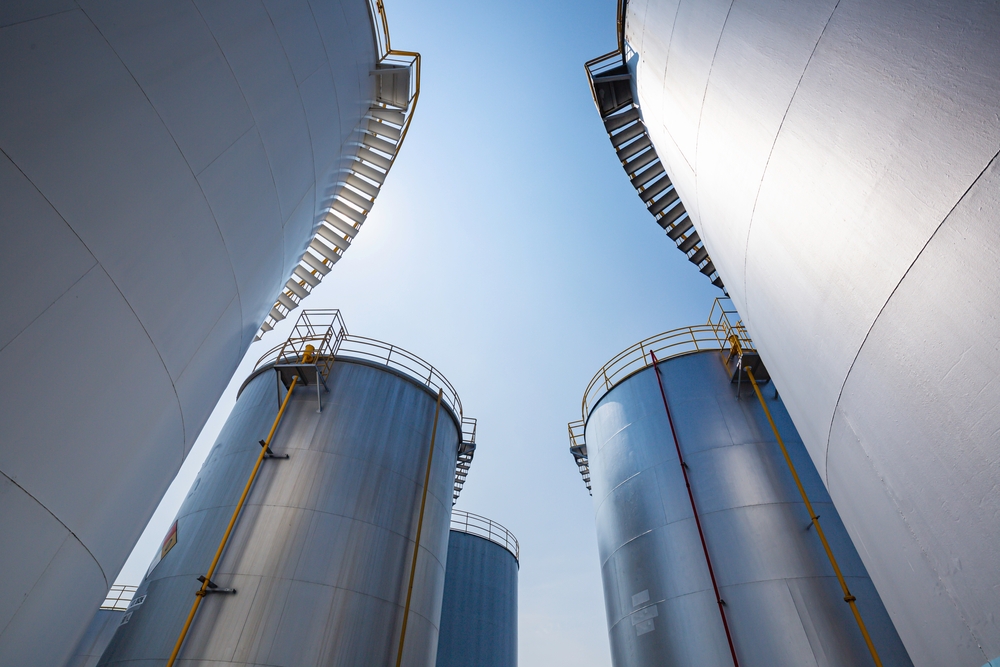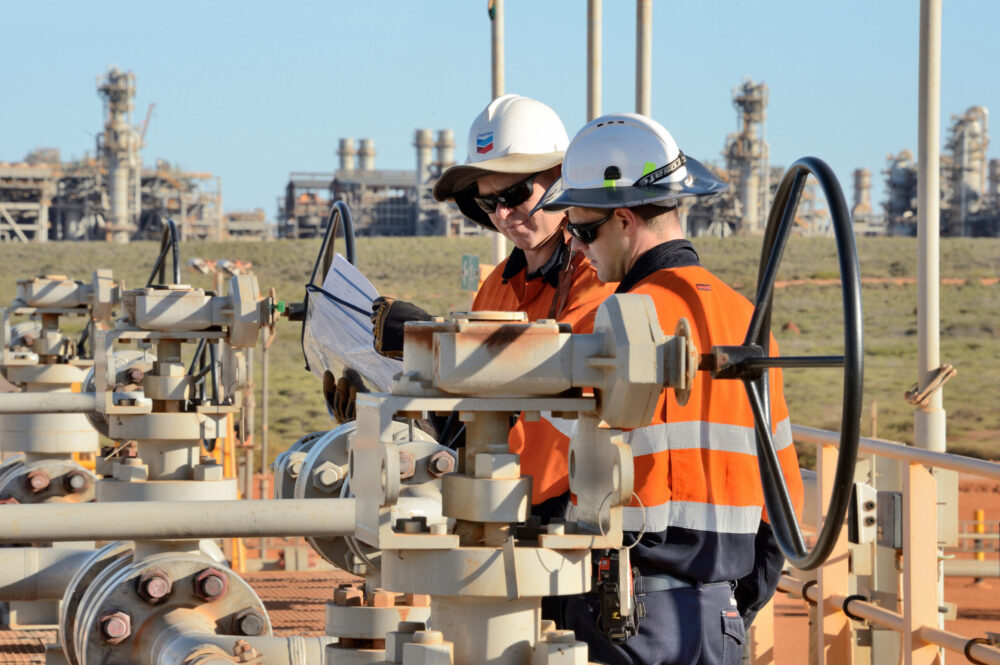
The CSIRO, the Northern Territory Government and industry have joined forces to assess the viability of a large-scale low emissions CCUS Hub outside of Darwin, Northern Territory.
The Carbon Capture Utilisation and Storage (CCUS) Hub would both significantly reduce emissions, but also catalyse the growth of new sustainable industries that could continue throughout the energy transition. If built, it would be one of the world’s largest facilities of its kind, open to a wide range of different industries.
If realised, the hub would enable the development of an interconnected hydrogen industry and the utilisation of the carbon dioxide captured in other industrial processes, such as production of other non-fossil fuel alternatives for transportation. It could also create a blueprint for future low emissions hubs around Australia.
The business case will assess the CCUS Hub’s viability and outline options to significantly reduce the emissions of the Northern Territory’s gas industry, providing a tangible pathway towards the region’s net zero emissions targets.
CSIRO Chief Executive Dr Larry Marshall, said the NT Hub could create new jobs and export pathways.
“[It could] give Australia a global advantage by pushing the boundaries of science and technology to put home-grown innovation into real world demonstration projects, including through our Hydrogen Industry mission.”
APPEA Northern Territory Director Cassy Schmidt said CCUS has the potential to deliver step-change emissions reduction.
“Australia has a natural competitive advantage to implement CCUS with known high quality, stable geological storage basins, existing infrastructure, world-class technical expertise and regulatory regimes (environment protection, carbon accounting and reporting, financial services).
“With scale and experience, the cost of CCUS will decrease, creating the potential to deliver competitive, large-scale abatement for existing industries and new industries such as hydrogen and ammonia.
The business case will apply best practice learnings from international low emission industrial hub projects. It will also consider all technology solutions and engage with industry and community stakeholder groups as Australia navigates the transition pathway to a low emissions future.
Industry and engineering companies who have committed to collaborating on the business case include Santos, INPEX, Woodside, Eni, Origin Energy and Xodus.








